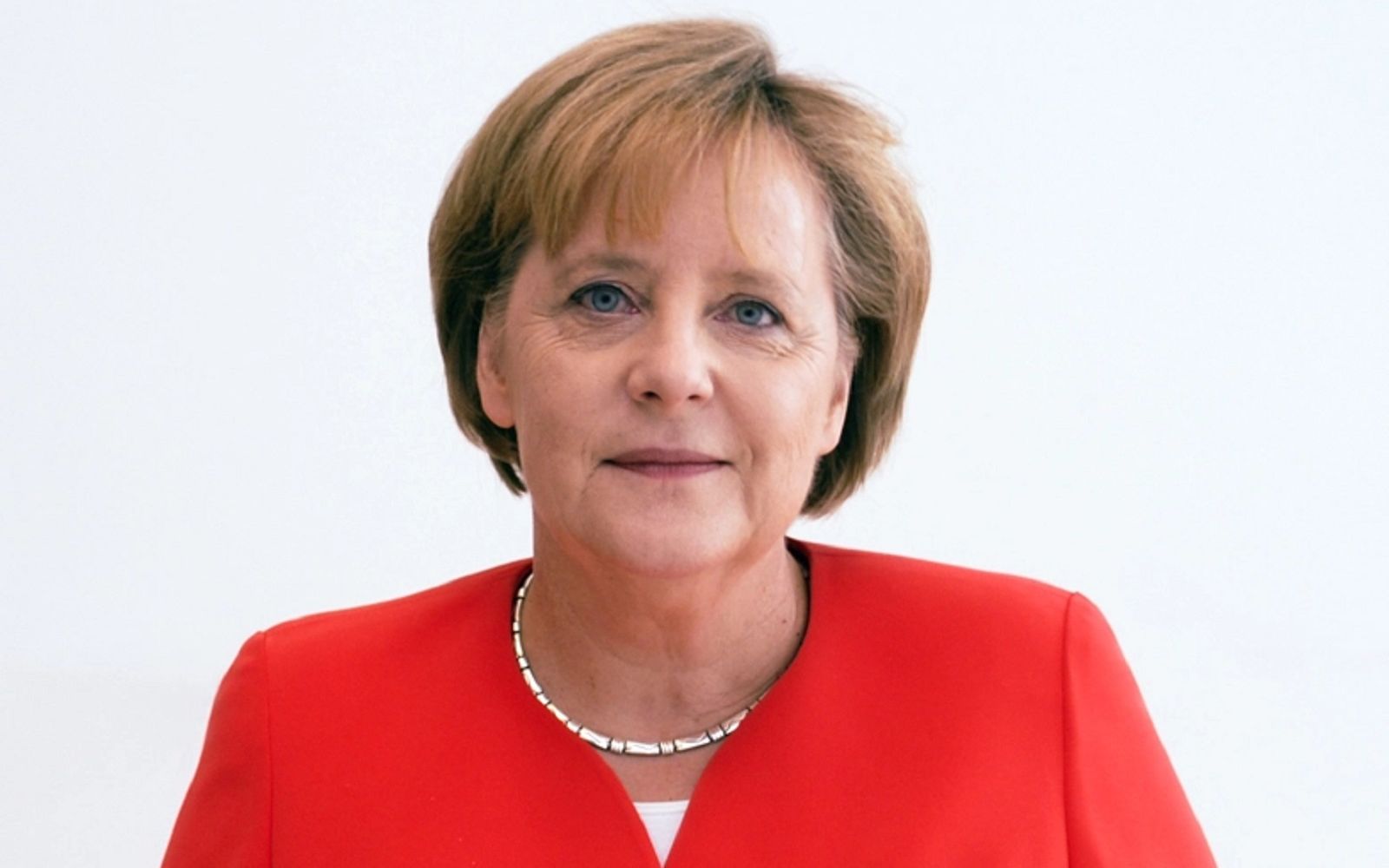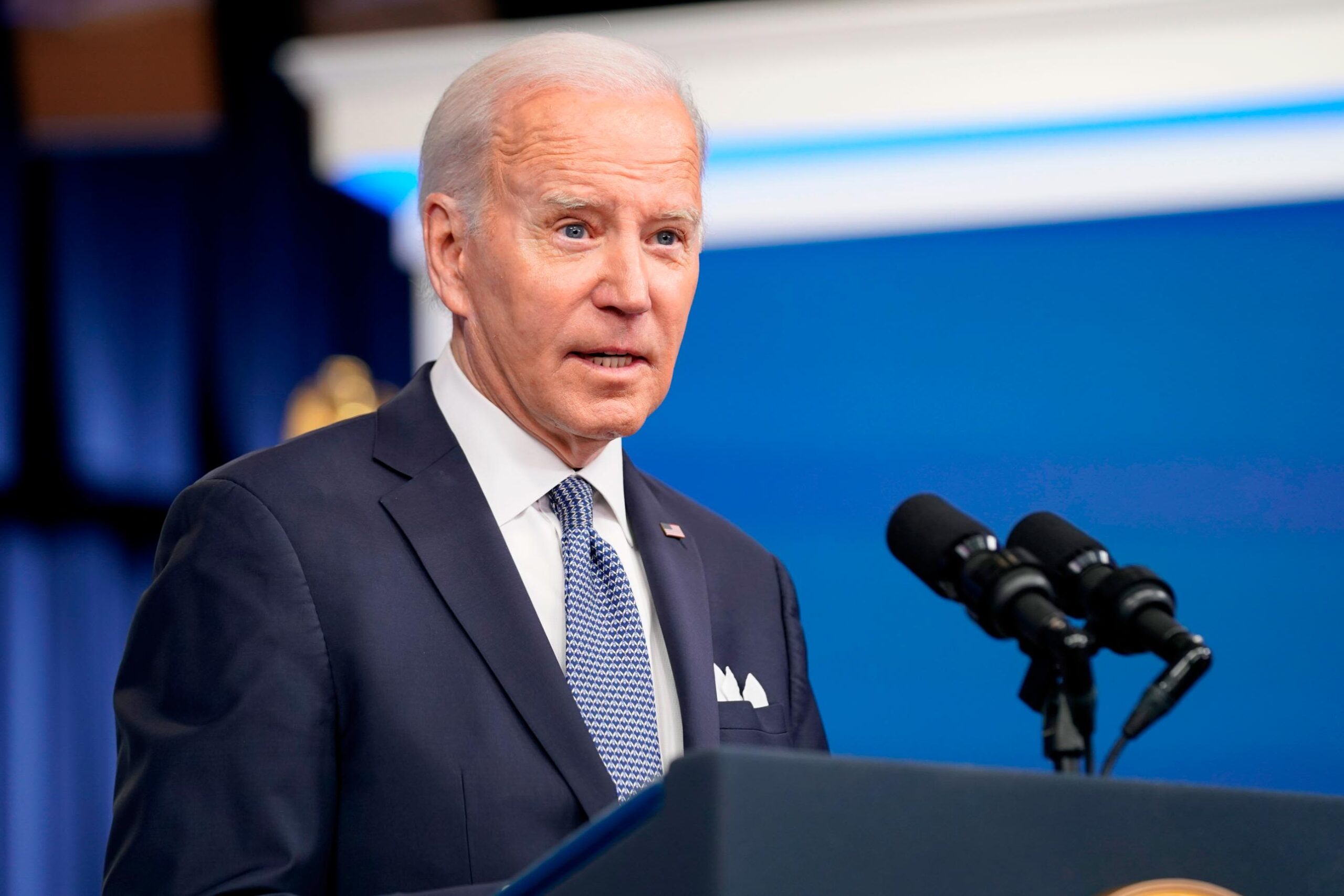The most admirable qualities of strong people are their capacity to make a positive impact on the world through their actions and their ability to make difficult decisions without jeopardizing their position as a leader or their reputations. Influence depends on having a clear vision, being courageous, working together, having original ideas, and having money. Since the world judges people according to their actions and works, it is quite difficult to maintain one’s position among the list of strong pioneers. The top five most powerful politicians in the world are listed below.
5. Narendra Modi

- Country: India
- Political Party: Bharatiya Janata Party
- Residence: 7, Lok Kalyan Marg, New Delhi
- Age: 72
Since 2014, Indian politician Narendra Modi has held the office of prime minister. He led his Bharatiya Janata Party (BJP) to an overwhelming victory in the Indian general election and was subsequently re-elected to office. Modi, who was born in Vadnagar, Gujarat, on September 17, 1950, worked for the Rashtriya Swayamsevak Sangh (RSS), a right-wing Hindu nationalist group, for a number of years before he joined the BJP in 1987. He was chosen to be Gujarat’s Chief Minister in 2001, and he held that office till 2014.
Modi has led a variety of programs as prime minister with the goal of upgrading India’s infrastructure and economy, advancing digitalization, and enhancing the nation’s status internationally. In addition, he has actively promoted Indian interests on a worldwide scale, speaking out on matters like terrorism, economic development, and climate change. Both praise and criticism have been leveled at Modi’s policies.
Critics charge him with advancing a Hindu nationalist agenda, stifling dissent, and failing to address issues like poverty and inequality, while supporters credit him with eliminating corruption, enhancing governance, and fostering economic progress. Overall, Modi’s leadership has had a big impact on India and its place in the world, and his political choices will probably continue to influence the country’s course for many years to come.
4. Angela Merkel

- Country: Germany
- Political Party: Christian Democratic Union (1990–present)
- Residence: Am Kupfergraben, Berlin
- Age: 68
German politician Angela Merkel presided over Germany as chancellor from 2005 to 2021. She was one of the longest-serving presidents in contemporary German history and the first woman to hold the role. She is fourth among the top five most powerful politicians in the world. Merkel, who was born on July 17, 1954, in Hamburg, West Germany, grew up in East Germany and attended the University of Leipzig to study physics. She joined the Christian Democratic Union (CDU) party in 1990, and in 1991, Helmut Kohl’s government named her as Minister for Women and Youth.
After her party won the most seats in the Bundestag, the German parliament, Merkel became the CDU’s leader in 2000 and was chosen as Chancellor in 2005. Merkel was influential in shaping European and international politics throughout her time in office, particularly on matters relating to the eurozone debt crisis, immigration, and climate change. Merkel was renowned for her dedication to multilateralism and international collaboration, and her leadership style was frequently described as pragmatic and cautious. She earned a great deal of acclaim for managing the COVID-19 outbreak in Germany in a way that served as an example for other nations.
Merkel declared in 2018 that she will not run for re-election as chancellor. She left the job in 2021. During a period of profound upheaval in Germany and Europe, she is viewed by many as leaving behind a legacy of stability and leadership. Ultimately, Merkel made a substantial contribution to German and global politics, and her leadership will be recognized and researched for years to come.
3. Joe Biden

- Country: United States
- Political Party: Democratic (1969–present)
- Residence: White House
- Age: 80
Since January 20, 2021, politician Joe Biden has held the office of president of the United States. Prior to that, he served as President Barack Obama’s vice president from 2009 to 2017. Biden, who was born in Scranton, Pennsylvania, on November 20, 1942, earned degrees from the University of Delaware and Syracuse Law School before going into politics. One of the longest-serving senators in American history, he was elected to the Senate from Delaware in 1972 at the age of 29. He remained in the Senate for 36 years.
Biden was the chairman of the foreign relations committee while he was a senator, and he was essential in determining how the United States would approach matters like nuclear proliferation, weapons control, and the war in Iraq. In his role as president, Biden has prioritized combating the COVID-19 pandemic, advancing racial justice and equity, combating climate change, and reviving the American economy. Additionally, he has attempted to reestablish American leadership in the world and enhance American partnerships.
The administration of Vice President Joe Biden has moved to undo several of his predecessor’s initiatives, notably the United States departure from the World Health Organization and its decision to rejoin the Paris Climate Agreement. Overall, Biden’s presidency is still in its early stages, but he has already made notable policy adjustments and shown a willingness to tackle some of the most important problems that the United States and the rest of the globe are currently facing.
2. Vladimir Putin

- Country: Russia
- Political Party: Independent (1991–1995, 2001–2008, 2012–present)
- Residence: Moscow, Russia
- Age: 69
Vladimir Putin, a politician from Russia, has been the country’s president since 2012 and is second among the top five most powerful politicians in the world. He previously held the positions of prime minister from 1999 to 2000 and president from 2000 to 2008. Putin, who was born in Leningrad, Russia, on October 7, 1952, and is currently a resident of Saint Petersburg, studied law at Leningrad State University before joining the KGB in 1975. Afterward, he worked in East Germany for the KGB’s branch of foreign intelligence, where he eventually attained the rank of lieutenant colonel.
Putin entered politics following the fall of the Soviet Union and presided as mayor of Saint Petersburg from 1991 to 1996. He later joined the Boris Yeltsin administration and was named Director of the Federal Security Service (FSB), the organization that replaced the KGB, in 1998. The emphasis on fortifying the Russian state and boosting its influence overseas has been a defining feature of Putin’s leadership. He has pursued an assertive foreign policy that has involved military involvement in Syria and Ukraine, cracked down on political dissent and the media, and increased state control over the economy.
Putin has a reputation for being divisive, both domestically and abroad. His detractors charge him with stifling political opposition, breaching human rights, and participating in corruption. Additionally, Putin’s administration has been accused of meddling in other countries elections as well as the 2016 US presidential election. Putin’s leadership has, overall, had a considerable impact on Russia and its involvement in international affairs, and his policies are likely to continue influencing the country’s future course for years to come.
1. Xi Jinping

- Country: China
- Political Party: Communist (since 1974)
- Residence: Beijing, China
- Age: 62
Chinese politician Xi Jinping has held the position of the People’s Republic of China’s President since 2013, the CPC’s General Secretary since 2012, and the Central Military Commission’s Chairman since 2014. Since Mao Zedong, he is regarded as one of China’s most powerful leaders. Xi Jinping was born in Beijing, China, on June 15, 1953. His father, Xi Zhongxun, was a revolutionary leader who served as vice premier before being expelled during the Cultural Revolution. Before being chosen as the governor of Fujian Province in 1999, Xi Jinping served in a number of provincial-level positions after joining the CPC in 1974.
A focus on Xi Jinping’s “Chinese Dream” vision, which aims to achieve a national renaissance, a potent military, and economic prosperity, has characterized his time as China’s president. His policies have included a campaign against corruption, tighter government regulation of the media and society, and the Belt and Road Initiative, a major infrastructure project designed to improve China’s trade relations with other nations.
Yet, criticism of Xi’s leadership has also focused on its authoritarian inclinations, which include heightened censorship, suppression of dissent, and abuses of human rights. His administration has come under fire for allegedly oppressing Tibetans and Uyghur Muslims in Xinjiang as well as pro-democracy demonstrations in Hong Kong. China’s political, economic, and social landscape have all been significantly impacted by Xi Jinping’s leadership, and his policies will probably continue to do so for some time to come.
In 2023, these were the top five most powerful politicians in the world. These presidents have all had profound effects on their own nations and the world stage, and their influence will continue to have an impact on world politics for many years to come. The most effective leaders in the world are those who are constantly planning forward. They understand that maintaining the growth of their economies and enterprises is essential to their success. These top CEOs continually innovate and think of new methods to advance their organizations and countries. Study the most influential people in the world and take note of the mistakes they made if you want to be a successful leader.















